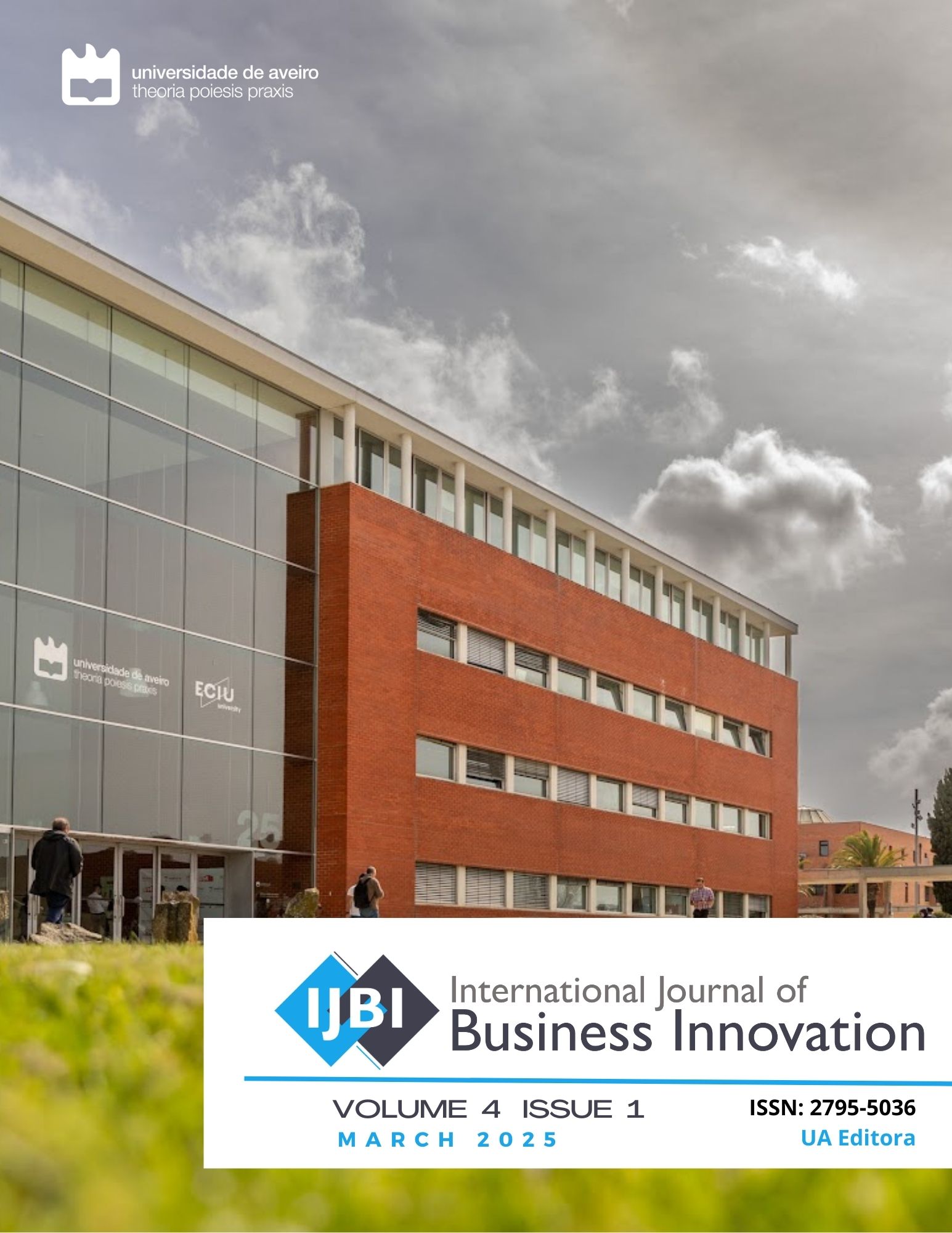The Trends and Gaps in Audit Quality
A Bibliometric Analysis
DOI:
https://doi.org/10.34624/ijbi.v4i1.38038Keywords:
bibliometric analysis, audit quality, bibliometrics, audit, IAASBAbstract
This study performed a bibliometric analysis of 1546 articles on Audit Quality (QA), published between 1999 and 2022, showing the increase in interest in the topic, especially in periods of regulatory change. The analysis revealed that topics such as audit fees, corporate governance, earnings management and auditor independence are the most studied, underlining the importance of governance and independence for QA. Co-authoring networks show clusters of influential and interconnected authors, and the keywords indicate central themes such as regulation, audit performance, and the reputation of audit firms. Over time, research has adapted to new challenges, with a recent focus on areas such as corporate social responsibility and governance. The study suggests that future research explores the impact of new technologies, such as big data and artificial intelligence, on QA, as well as the diversity in audit teams and the effect of workload on the quality of reporting. It also identifies auditing ESG practices and the influence of local regulatory standards as promising areas. In summary, the study provides a comprehensive overview of the field of QA, pointing out directions for future research and highlighting the importance of new approaches to meet the growing demands for transparency and social accountability.
References
Downloads
Published
Issue
Section
License
When submitting an article to the IJBI, authors certify the following clauses:
-
Originality and single submission– The contents presented in the article have not been published previously in whole or in part, and were not submitted or are not under active consideration elsewhere prior IJBI decision. The article must be authentic and does not contain plagiarism.
-
Authorship– All authors reviewed the article, agreed with its content, and agreed to its submission to the IJBI.
-
Conflicts of interest– Any conflict of interests must be declared. If authors have no declaration, it should be written (in the acknowledgments section): “The authors declare no conflict of interests”.
-
Ethics committee and informed consent(if applicable) – The research must be approved by an independent ethics committee and subjects gave their informed consent before they were enrolled in the study.
- Authors retain copyright and grant the journal the right of first publication with the work simultaneously licensed under a Creative Commons CC BY 4.0.



